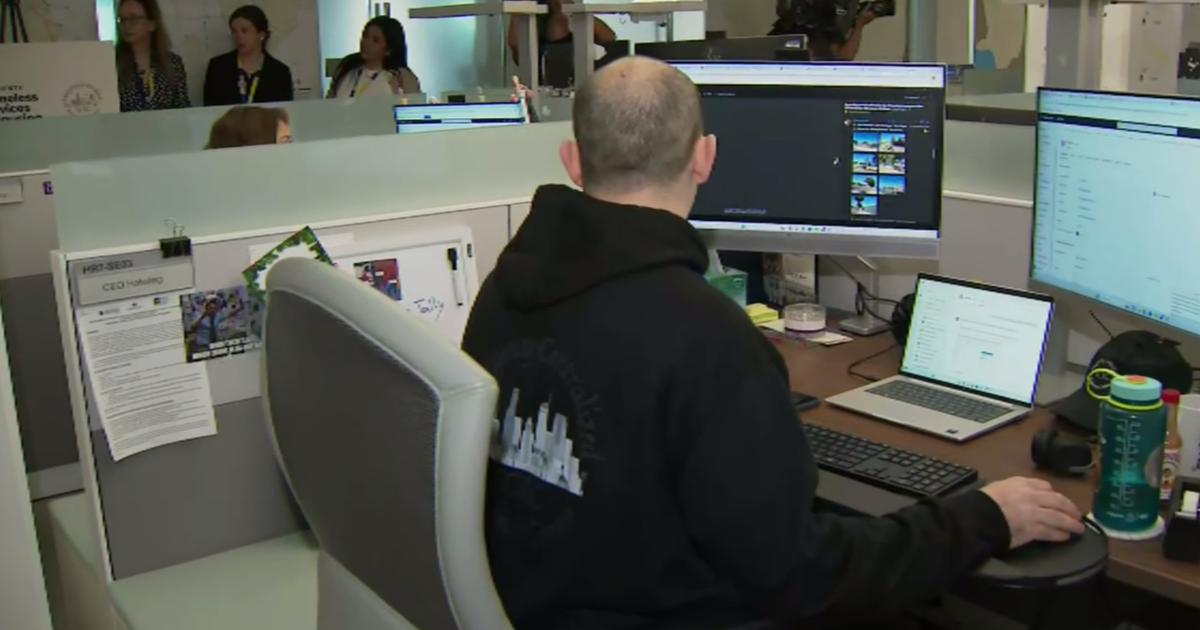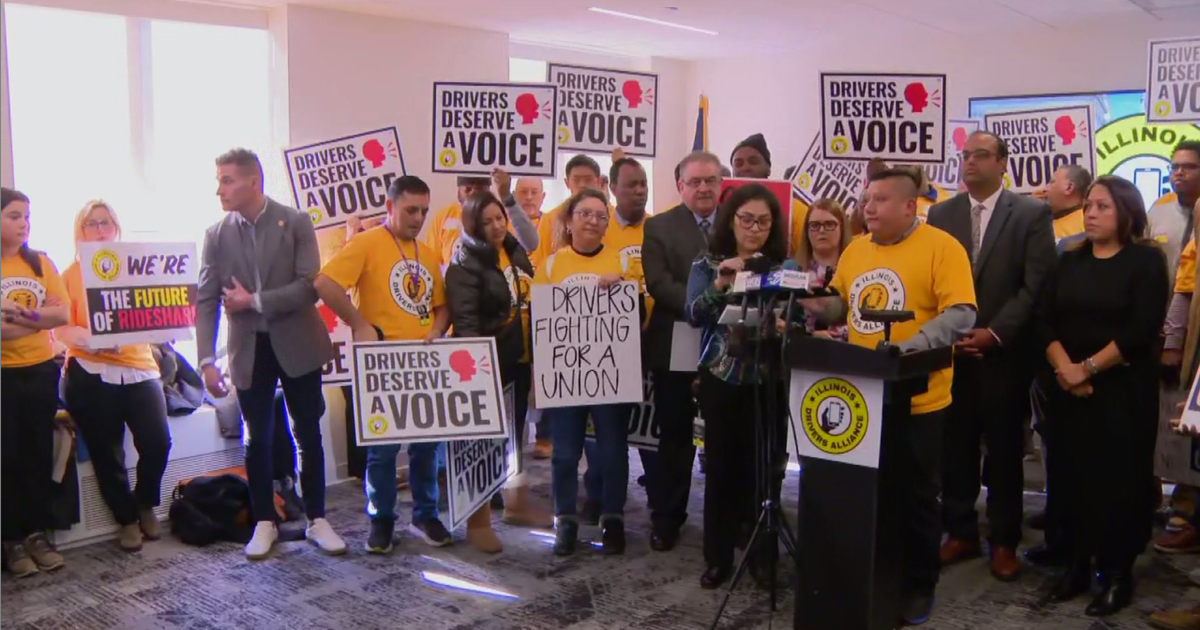Emergence Of 'Gig Economy' Distorting Employment Data? Expert Says 'Yes'
LOS ANGELES (CBSLA.com) — Amazon is joining Uber and other popular companies with a new program that hires workers to deliver packages in the latest example of the emerging so-called "gig economy".
But how do such jobs actually impact California's overall unemployment picture?
Using a network of independent contractors, Amazon Flex pays drivers between $18 to $25 per hour to ferry packages from the online retailers' mini-warehouses to customers' homes.
The service allows contractors to sign up for shifts that accommodate their own work schedules while also helping Amazon lower shipping costs and trim its delivery times.
Amazon Flex isn't yet available in California, but Amazon will utilize accurate Background Inc., an Irvine-based firm, to conduct background checks on all Flex applicants, according to the Wall Street Journal.
While such programs may help to buffer bottom lines for major corporations, labor expert Michael Bernick, a former head of the California Employment Development Department, tells KNX 1070 NEWSRADIO there are plenty of disadvantages in this growing movement away from traditional, full-time employment.
Perhaps the most immediate impact of these jobs, according to Bernick, would be seen on the government's employment data.
"Anyone is considered employed if they're working at least an hour a week," Bernick said. "So what we've seen is the unemployment rate go down, the number of payroll jobs, but we also see a rise in this part-time employment."
Such a trend could hurt the pocketbooks of those already struggling to land jobs, according to Bernick.
"You're not eligible for unemployment insurance if you're working even part-time, and in fact, that's what we've seen in California, a significant rise in part-time employment," he said.
Analysts have also seen a sharp rise in what Bernick called "involuntary part-time employment" in which job-seekers who would prefer to have a full-time job but are unable to secure one are forced to remain on a part-time schedule.







